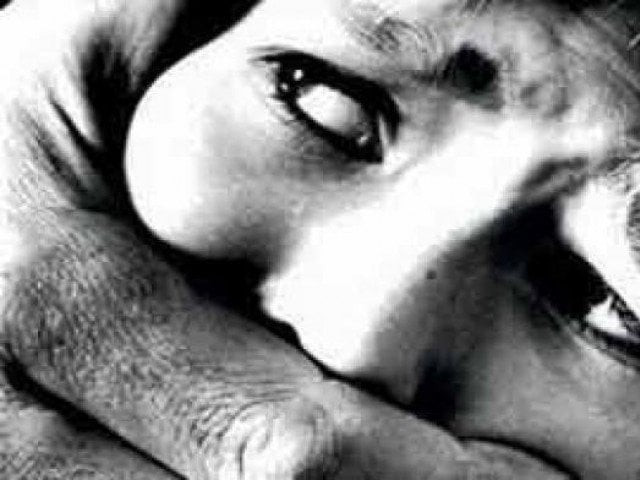Making a ‘victim’ out of the culprit
This is a reflection of how indifferent we are to the physical, psychological trauma that countless people go through

This attitude of state organs is nothing more than a reflection of our society that as a whole keeps finding ‘reasons’ behind sex crimes, which amounts to making a ‘victim’ out of the culprit. PHOTO: AFP
Referring to statistics from Karachi, the WAR report says there were over 380 cases of sexual assault reported in three major public hospitals in the city last year, but the percentage of FIRs filed was only 27.67 per cent. This brings us to a most important question: why do people choose not to report such cases and when will women in particular have better access to justice? The percentage reporting such cases is abysmal and it clearly indicates not only the procedural problems with reporting sexual abuse, but more so the insensitivity with which survivors are treated by the legal system. It does not matter how many anti-rape laws are made, although legislation in this area is important. If the state machinery is out of reach and getting justice a distant hope for most, how can this violence possibly be curbed? All around us are rape survivors and all around us are their perpetrators, who go by with their lives unaffected, and who face no consequences because it is the rape survivor who is stigmatised.
The attitude of the police, the judiciary and the media remains the same, where it is the survivors of sexual abuse who are looked down upon rather than those who wronged them. The little progress that has been made in the media, and that too only in some sections, is to avoid naming survivors of sexual violence, and to refer to them as ‘survivors’ rather than as ‘victims’. The rest pretty much remains the same with there being more concern about a woman’s character than the crime itself. This attitude of state organs is nothing more than a reflection of our society that as a whole keeps finding ‘reasons’ behind sex crimes, which amounts to making a ‘victim’ out of the culprit; a ‘victim’ who loses control of himself when he sees a woman late at night; a ‘victim’ who feels he has the right to abuse or assault someone because of the way someone is dressed.
The figures in the WAR report include those on rape, gang-rape, sodomy and incest. Other cases of sexual abuse have not been factored in and it can only be imagined what the figures would look like if all forms of abuse are accounted for. In the 45 cases investigated by WAR, it found that the age group most vulnerable to sexual assault was between five and 13 years. In this regard, children from low-income neighbourhoods living in dense localities are the most vulnerable.
Such reports come out every year, but unfortunately do not have the kind of hard-hitting impact they should. This is the value that we, as a society, give to human life, the importance we give to those most vulnerable to sexual violence. This is a reflection of how indifferent we are to the physical and psychological trauma that countless people go through. What are we doing as a society, as a state, to stop this? Does widespread sexual abuse even factor in as a societal concern? Are we having the necessary conversations in our homes to save our children? These are questions we must ask ourselves. We must ask ourselves how long this violation will continue and how many more lives will be ruined in this manner.
Published in The Express Tribune, July 5th, 2015.
Like Opinion & Editorial on Facebook, follow @ETOpEd on Twitter to receive all updates on all our daily pieces.















COMMENTS
Comments are moderated and generally will be posted if they are on-topic and not abusive.
For more information, please see our Comments FAQ